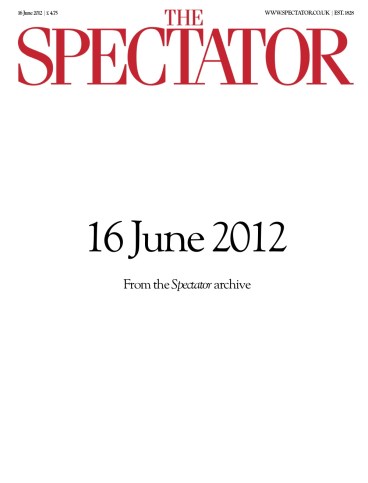Golden oldies
Jackie Kay, one of Scotland’s most celebrated living writers, is a woman of many voices. In her latest collection of short stories the voices mainly belong to women of middle to old age. Many are lonely, some are caring for barmy relatives, some are barmy relatives. Reality Reality’s most successful tales glow with a quiet





